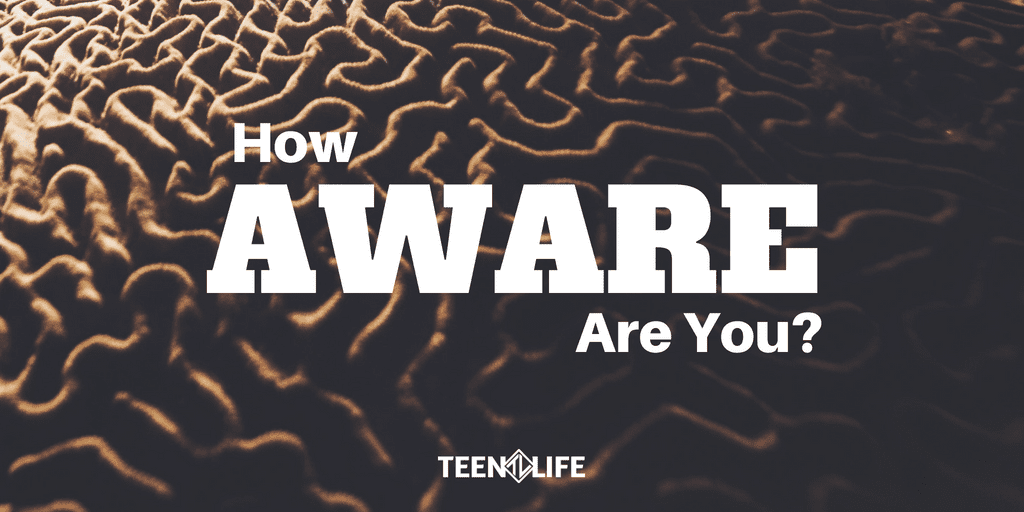Recently my husband and I were watching Brain Games on Netflix. The episode we were watching was called “Focus Pocus”, and it was about attention. It gave several tests for viewers such as counting the number of passes in a scene and watching a pickpocket in action before selecting him out of a lineup. Despite considering myself someone who pays attention to details and despite knowing I was playing a brain game, I was amazed at all the things I missed. It led me to contemplate what am I missing in other people, and even what am I missing in myself.
Then, I heard a presenter speak on Mindful Awareness. Jon Kabat-Zinn defines “Mindful Awareness” as:
Paying attention; on purpose; in the present moment; while being non-judgmental.
Sounds simple, but we all know it’s not. Listening isn’t intuitive. It’s something we talk about in our Teen Life Facilitator Training. Many of us aren’t even aware of how poorly we listen.
To get a better idea of how mindful you are as a listener, ask yourself a few questions:
- How often are you solving a problem before the person talking to you has finished telling you the problem?
- How often do you catch yourself planning your next words and missing the end of a conversation?
- How often do you steer a conversation to or away from a topic?
- How often are you “fine” until that one sensitive topic gets mentioned?
During the presentation, it also discussed how our awareness of our own thoughts, feelings, and situations impacts our ability to pay attention to others.
A few self-awareness questions to consider:
- What do I bring to this situation/conversation from my own personal story?
- Has anything taken place recently that might be influencing this situation/my decision making?
- What is going on just below the surface that might result in a negative outcome in this discussion?
- Am I taking the time to meet my own needs in order to be available to meet the needs of others?
Having “Mindful Awareness” is not easy and takes practice, especially when working with teens. It requires stopping, taking a few deep breaths, truly listening, observing the situation, being aware of your own feelings, and then proceeding toward the goal.
But it’s worth it! The more aware we are of ourselves, the bigger impact we can make when interacting with others. And we might even get better at life’s brain games while we are working on it!

